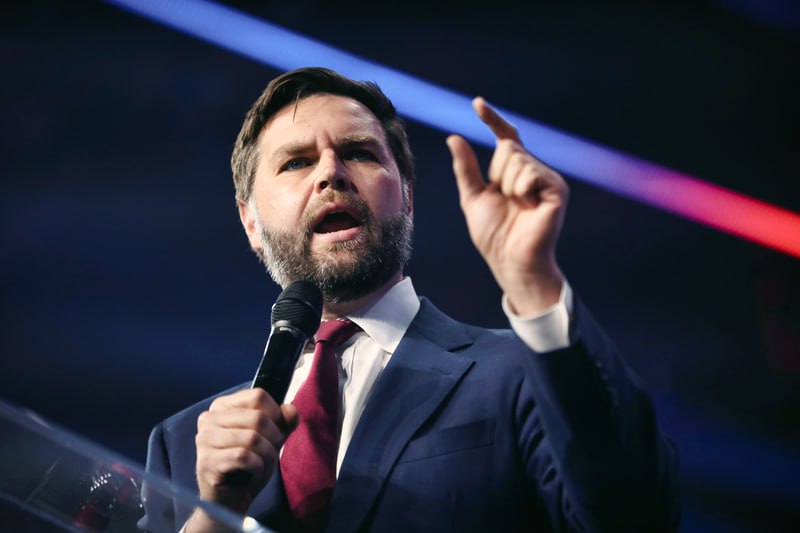Vice President JD Vance is under scrutiny following remarks made during a Fox News segment, where he referred to citizens of China as “peasants.” The comments have been criticized for their irony, given Vance’s own well-documented experiences with poverty.
During an appearance on “Fox & Friends,” Vance defended President Donald Trump’s tariff policies, emphasizing American economic self-reliance and reducing dependence on imports, particularly from China.
“We borrow money from Chinese peasants to buy the things those Chinese peasants manufacture,” Vance said on the program, prompting widespread criticism from both domestic and international audiences.
The Chinese government quickly issued a response to Vance’s remarks. A foreign ministry spokesperson described the comments as “ignorant and impolite” during a press briefing. This incident has added to the ongoing tensions in U.S.-China relations amid trade disagreements.
Chinese state media has reacted strongly, criticizing American political leadership as “incompetent” in light of Vance’s comments.
The backlash has been intensified by Vance’s background, which he explored in his 2016 memoir “Hillbilly Elegy.” In the book, Vance recounts his challenging upbringing in Middletown, Ohio, marked by poverty and family struggles, a history that critics argue makes his remarks about Chinese citizens seem hypocritical.
“He says ‘Chinese peasants’ with such venom and condescension. You would think the poverty in which he grew up would give him some empathy, but instead it did the opposite,” a social media user commented in reaction to the interview footage.
This controversy has reignited discussions about Vance’s representation of Appalachian culture. Although associated with Appalachia through his memoir, some advocates have challenged this link, noting that Middletown, Ohio, is not technically in the Appalachian region.
Critics have also highlighted the economic inaccuracies in Vance’s statement. China’s economy has evolved far beyond agriculture, becoming the second-largest global economy, with advanced manufacturing, urban development, and technological innovation.
This situation arises amid the Trump administration’s renewed focus on tariffs for Chinese goods. President Trump supports these tariffs as a means to protect American industry, while critics argue they may increase costs for American consumers and provoke retaliatory actions from Beijing.
China has committed to “fight to the end” against new tariffs, labeling U.S. trade strategies as “bullying.” Analysts suggest that Chinese officials are preparing their populace for economic challenges while standing firm against perceived U.S. pressures.
This incident is the latest in a series of controversial statements from Vance, whose political views have shifted since his memoir’s release. Prior to joining the Trump administration, Vance was a critic of Trump and worked with venture capitalist Peter Thiel, raising questions about his current populist stance.
Vance’s comments have also sparked discussion on Chinese social media, with some users calling for him to be barred from entering China.
“It is disgraceful for someone in such an important position within the US government to make statements like this,” a user on Weibo commented.











